
Neurologist Advises Ceasing Beer Consumption by Age 65
Why You Should Stop Drinking Alcohol by Age 65, According to Neurologists
In his book The Complete Guide to Memory: The Science of Strengthening Your Mind, neurologist Dr. Richard Restak delivers a powerful message: by the time you reach 65, it’s best to stop drinking alcohol altogether — including beer. His reasoning is rooted in neuroscience. While alcohol is widely considered a social lubricant and relaxation aid, it is, at its core, a mild neurotoxin. Over time, even moderate consumption can lead to cumulative damage that quietly erodes memory and cognitive performance.
Alcohol’s Hidden Impact on the Aging Brain
Dr. Restak explains that alcohol accelerates the natural neuronal deterioration that occurs with aging. For people over 65, this is particularly concerning because the brain’s capacity to regenerate and repair itself becomes increasingly limited.
Though the brain doesn’t lose neurons at a rapid rate, research shows a gradual decline of about 2–4% over a lifetime. Every neuron counts — and protecting them is crucial for maintaining memory, focus, and reasoning as we age. Alcohol, unfortunately, disrupts this balance by impairing communication between neurons and interfering with the brain’s ability to form and store new memories.
Alcohol, Dementia, and Cognitive Decline
The link between alcohol consumption and dementia has been documented in numerous studies. High or even moderate long-term drinking is associated with shrinkage in brain regions responsible for learning and memory.
Conditions like Wernicke–Korsakoff Syndrome, caused by vitamin B1 (thiamine) deficiency, are directly tied to excessive alcohol use and can result in permanent cognitive damage. Even without such syndromes, Dr. Restak notes that alcohol can exacerbate early symptoms of dementia, making it harder for older adults to distinguish between normal forgetfulness and warning signs of neurodegenerative disease.
Research has also revealed that people who drink regularly beyond age 65 may face a higher risk of early-onset dementia, sometimes developing cognitive symptoms before their peers who abstain.
More Than Memory: The Physical Risks of Drinking After 65
The dangers of alcohol in older age extend beyond the brain. As metabolism slows, the body becomes less efficient at processing alcohol, leading to stronger and longer-lasting effects. Dr. Restak highlights that older adults who drink are at greater risk of falls, fractures, and head injuries — all of which can be life-threatening at that stage of life.
Even small amounts of alcohol can impair balance, slow reflexes, and affect coordination. Combined with medications or age-related changes in blood pressure and muscle tone, this can create a dangerous combination that leads to hospitalization or worse.
Conflicting Research on Moderate Drinking
Some studies have suggested that light or moderate alcohol consumption — such as a daily glass of wine — may have protective cardiovascular effects that indirectly support brain health. However, Dr. Restak and many other experts caution against relying on this idea.
Organizations like Alzheimer’s Research UK have emphasized that these potential benefits are not conclusive and are easily outweighed by the long-term risks. In fact, they estimate that up to half of all dementia cases could be prevented or delayed by lifestyle changes — including reducing or eliminating alcohol consumption.
How Much Is Too Much?
The NHS currently recommends limiting alcohol intake to no more than 14 units per week — roughly six pints of beer or one and a half bottles of wine. Yet, Dr. Restak argues that after 65, even that limit may be too generous. He advocates for gradually reducing alcohol intake starting in your 60s and aiming for complete abstinence by age 70 as the most effective strategy to protect brain health and preserve memory.
The Bigger Picture: Health, Economics, and Longevity
The impact of alcohol-related brain decline goes far beyond individual health. Dementia is already one of the most costly and challenging public health issues worldwide. In the UK alone, dementia care costs are projected to nearly double — from £43 billion today to almost £90 billion by 2040. Reducing alcohol consumption could play a key role in easing this burden by lowering dementia rates and improving quality of life for millions of aging adults.
Protecting Your Brain for the Years Ahead
Dr. Restak’s advice is clear: if you value your memory, focus, and cognitive agility, it may be time to reconsider that evening drink. Giving up alcohol after 65 is not about deprivation — it’s about preservation. Protecting your neurons means preserving the essence of who you are — your memories, your relationships, and your ability to think clearly as you age.
For those who find it difficult to quit, gradual reduction, mindfulness, and support from healthcare professionals can make the transition easier. The reward — a sharper, healthier brain and a longer, more independent life — is well worth it.
Final Thought
While sharing a beer with friends might feel harmless, science suggests that beyond 65, even moderate drinking can quietly chip away at brain health. By making conscious lifestyle choices now — including reducing alcohol intake — you can safeguard your mind for the decades ahead. As Dr. Restak emphasizes, your brain is your greatest lifelong asset, and protecting it is the ultimate investment in your future self.
News in the same category


Thyme Essential Oil Shows Signs of Killing Lung, Oral and Ovarian Cancer

How to cleanse your kidneys using this natural, home made drink
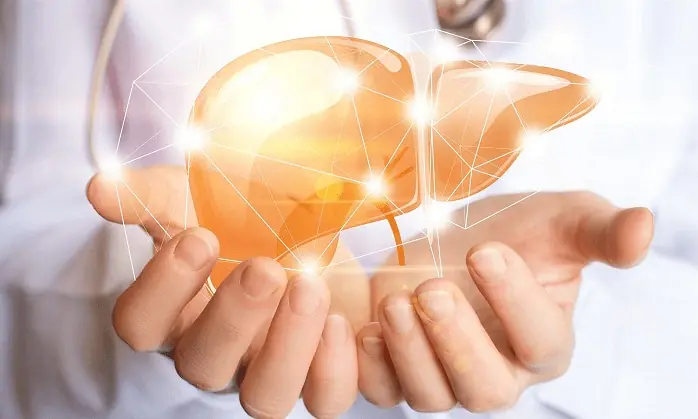
Science backs it up: 3 fruits that fight liver fat, regulate sugar and cholesterol
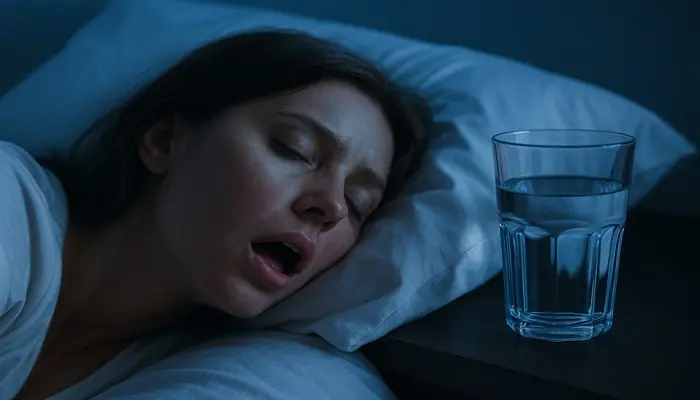
People whose mouths feel dry when sleeping at night need to know these 8 reasons
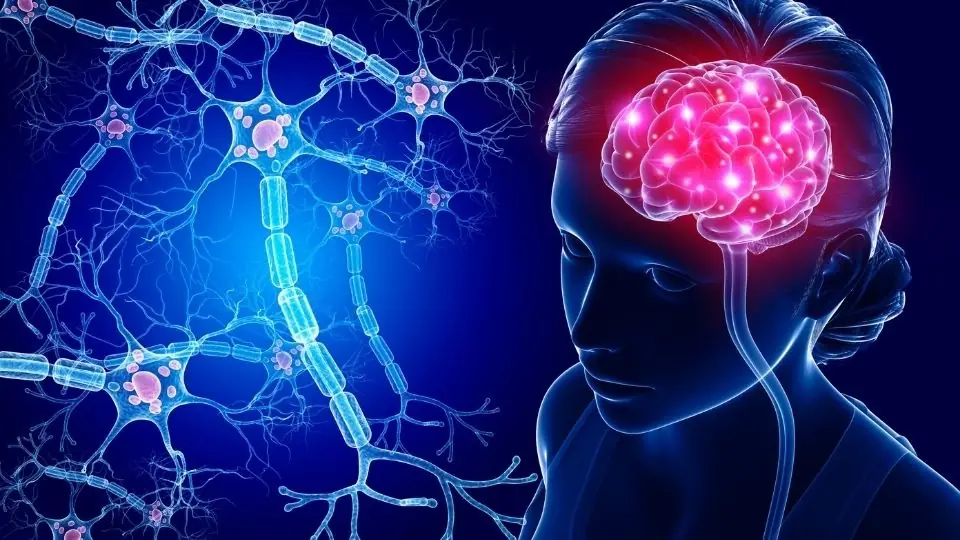
Scientists explain shocking reality of what your brain sees right before you die

Drinking Water on an Empty Stomach: Japanese Water Therapy, What Science Says, and More
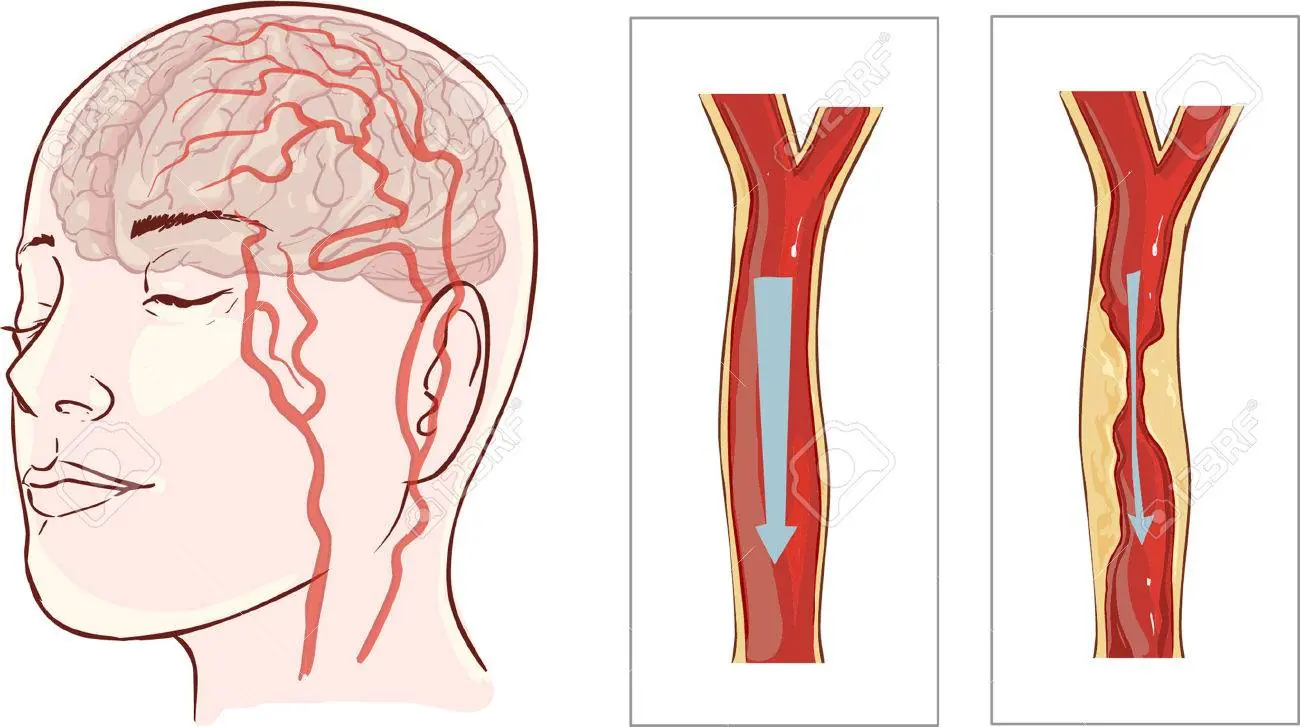
Eat This — It Opens Arteries to Your Heart and Brain

Eat this before bed? Doctors are stunned by the results
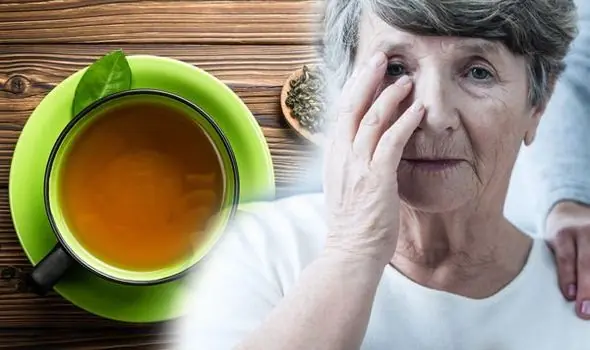
The Vitamin and Tea Combo Linked to Alzheimer’s Protection
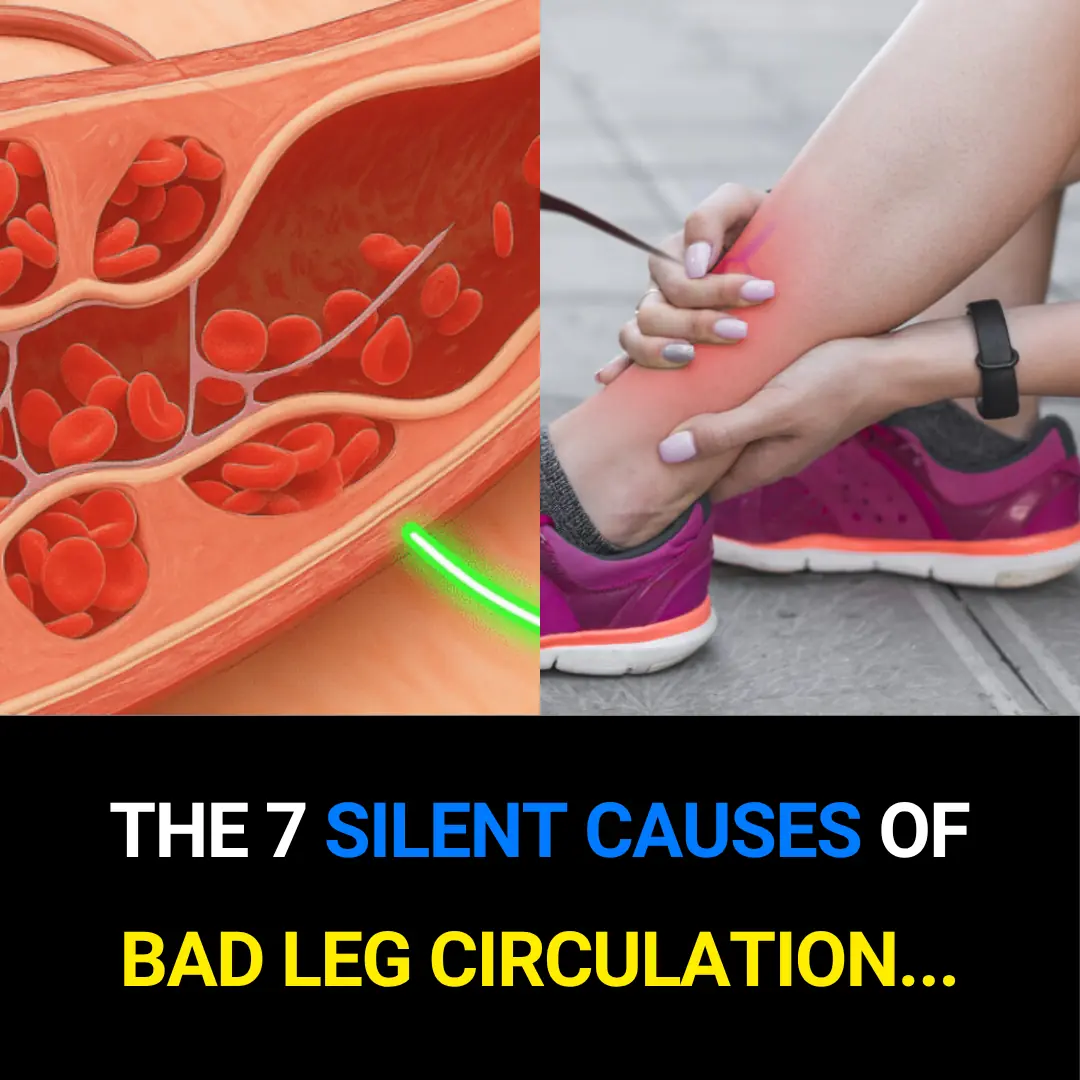
The 7 Silent Causes of Poor Leg Circulation — And How to Fix Them Naturally

Early Signs of Kidney Disease & How to Protect Your Kidneys (Evidence Based)

1 cup a day takes joint pain away naturally

Feeling sluggish after meals? 7 natural ways to improve bile flow and boost digestion

Don’t ignore these 12 bizarre signs you need more vitamin B1!

Orange & Ginger Cleanse Juice for Kidneys, Lungs & Liver
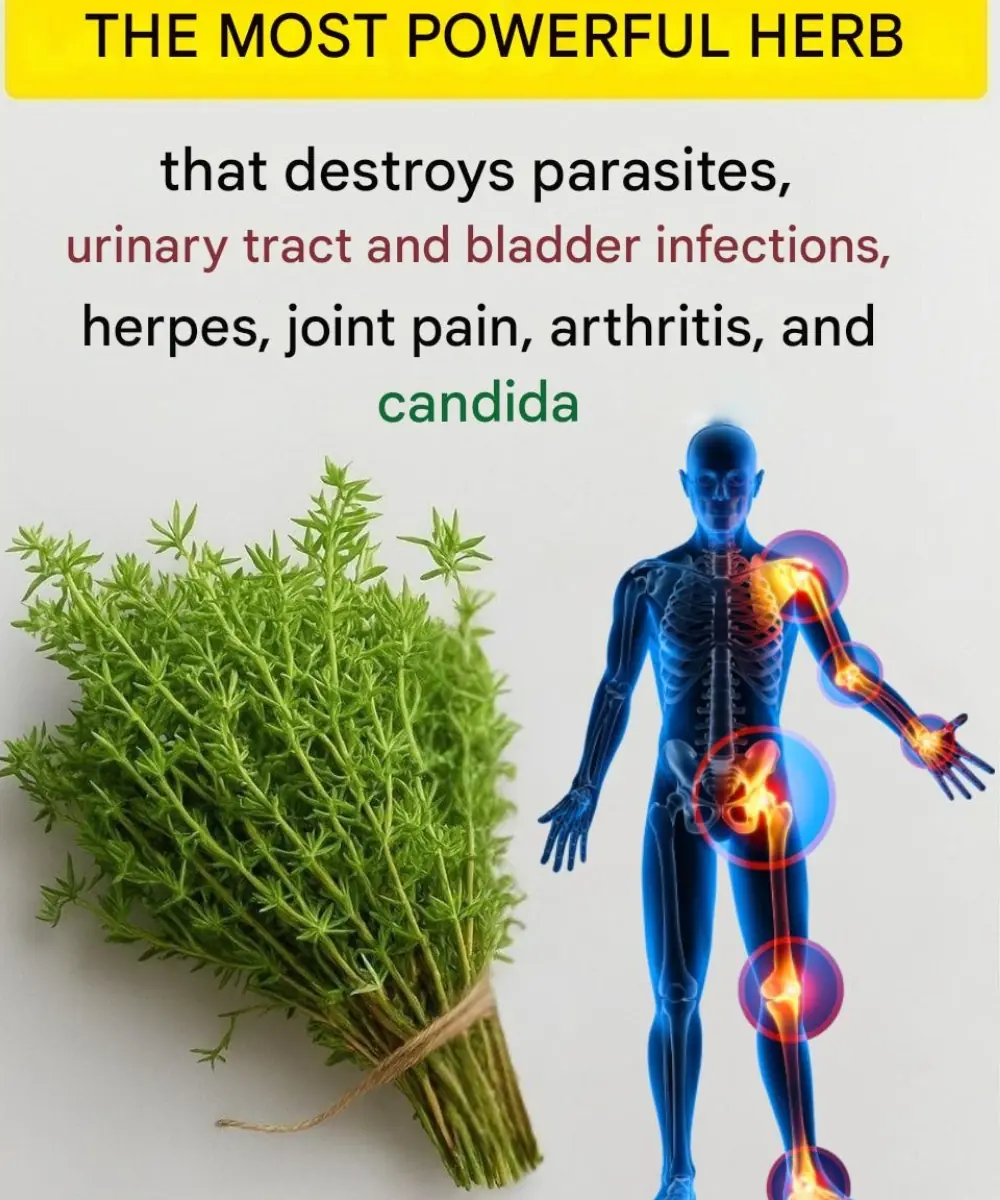
Thyme: The Natural Remedy for a Variety of Health Problems
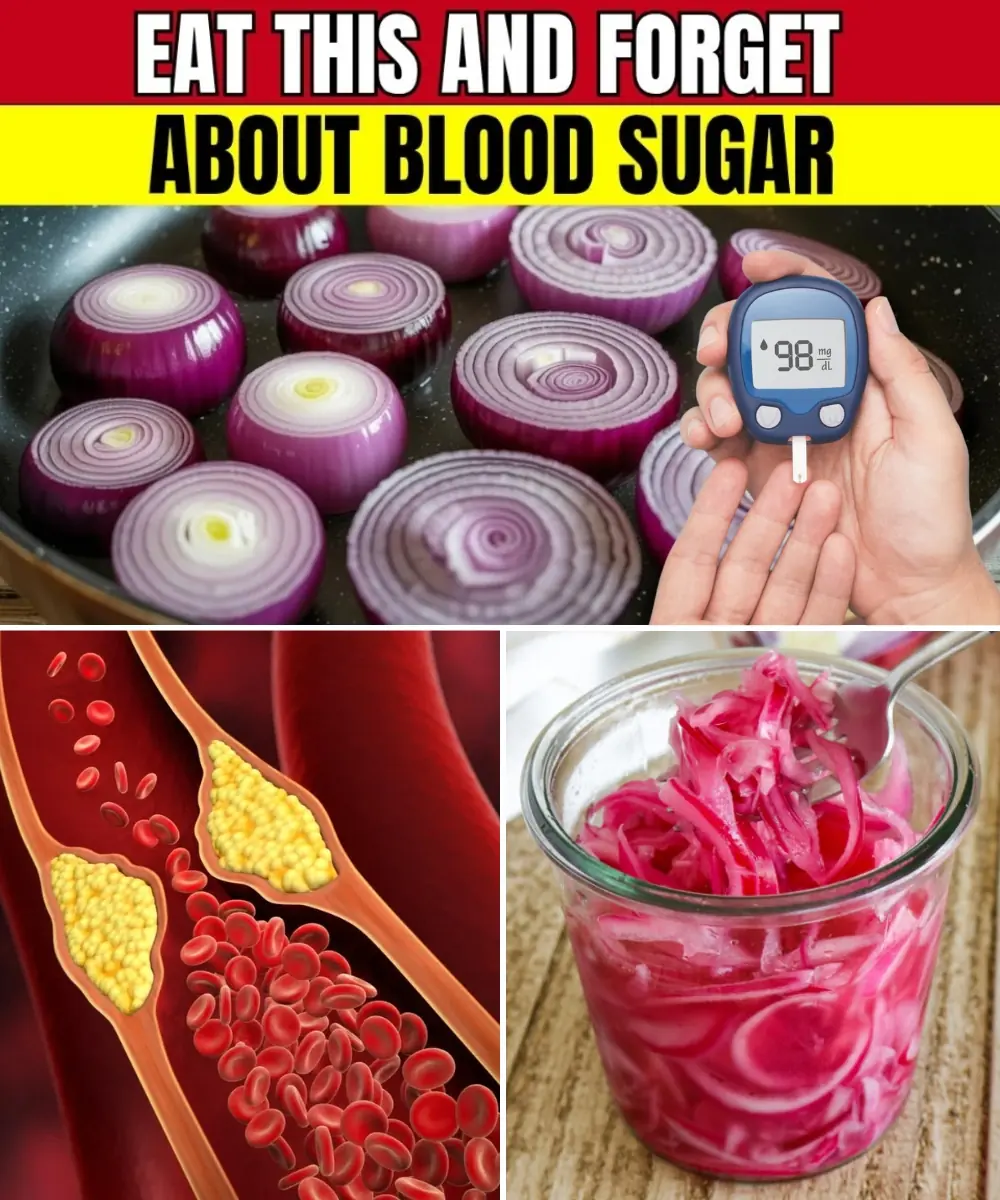
Red Onion for Instant Blood Sugar Drop: A Kitchen Secret Few Know
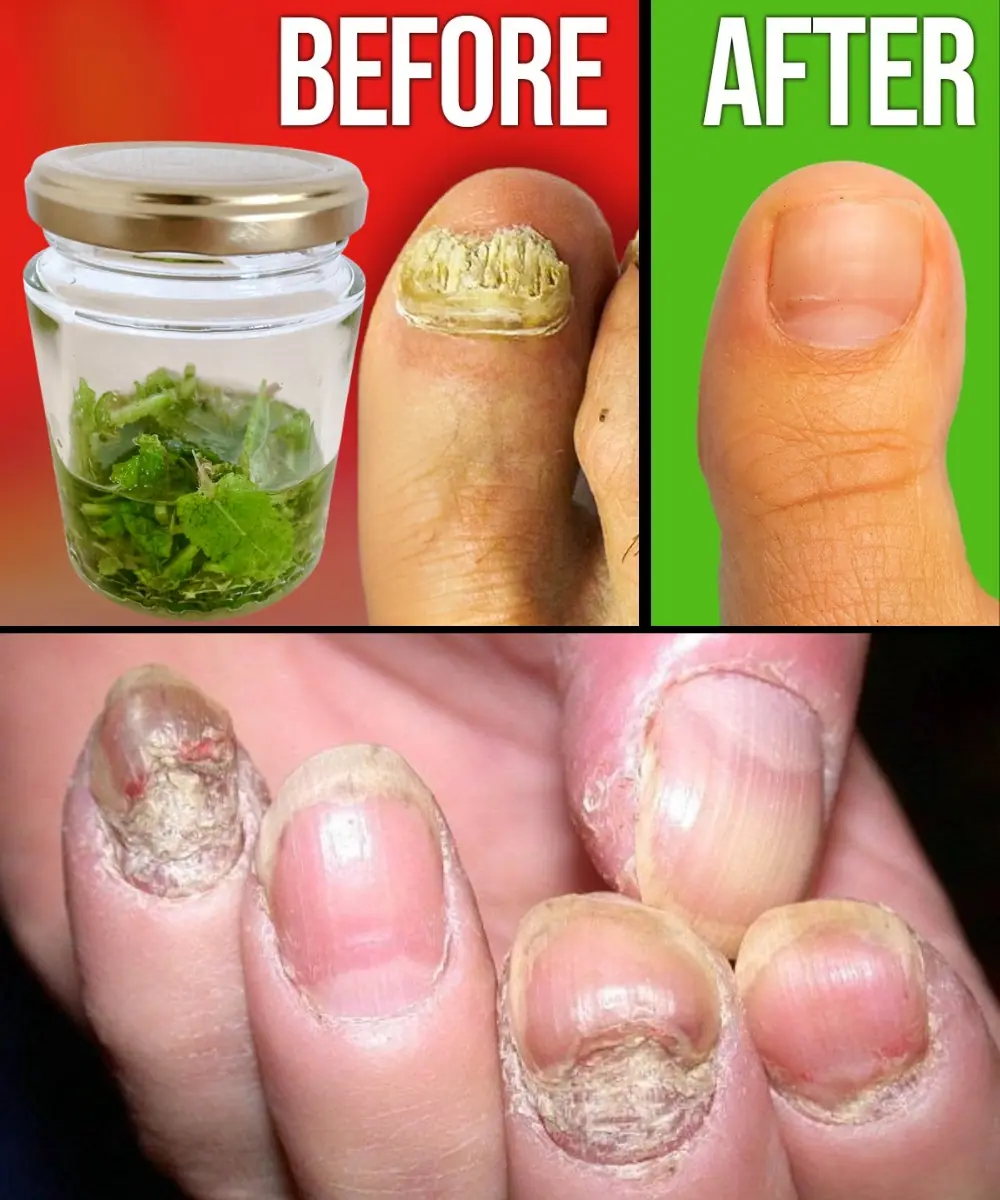
Discover the Secret of “Rompe Fungus”: Naturally Restore Healthy Nails!
News Post

DIY Survival Water Filter: A Simple Life-Saving Tool You Can Make Anywhere
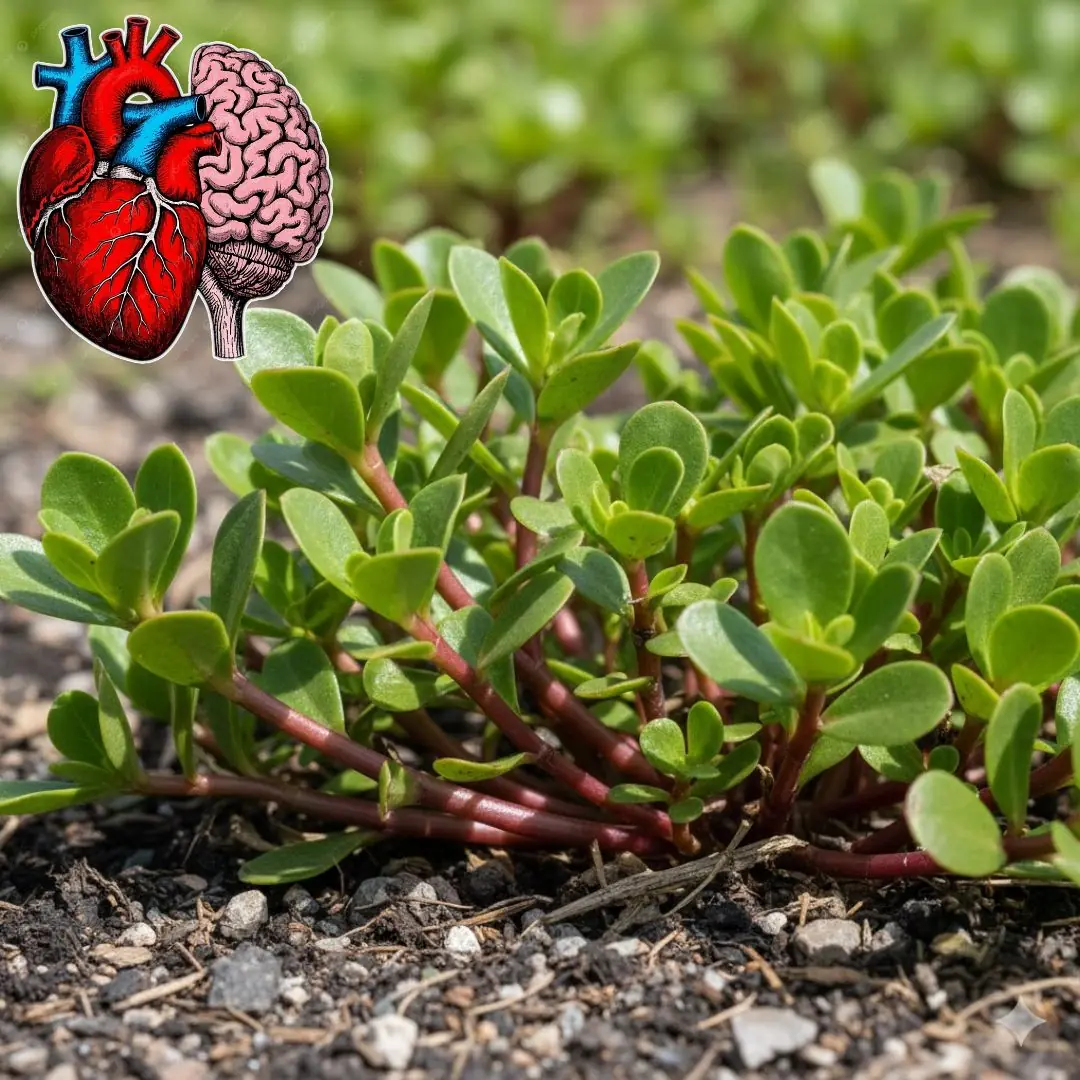
30 Powerful Reasons You Should Stop Ignoring Purslane

Why drinking your sugar is more harmful for diabetes than eating it, study finds

You are doing it all wrong. Here’s the right way to store leftovers

When a cat rubs against you, this is what it means

Zodiac Signs Most Likely to Have Prophetic Dreams

Ivy and Vinegar: A Safe and Natural Spray to Keep Pests Off Your Garden
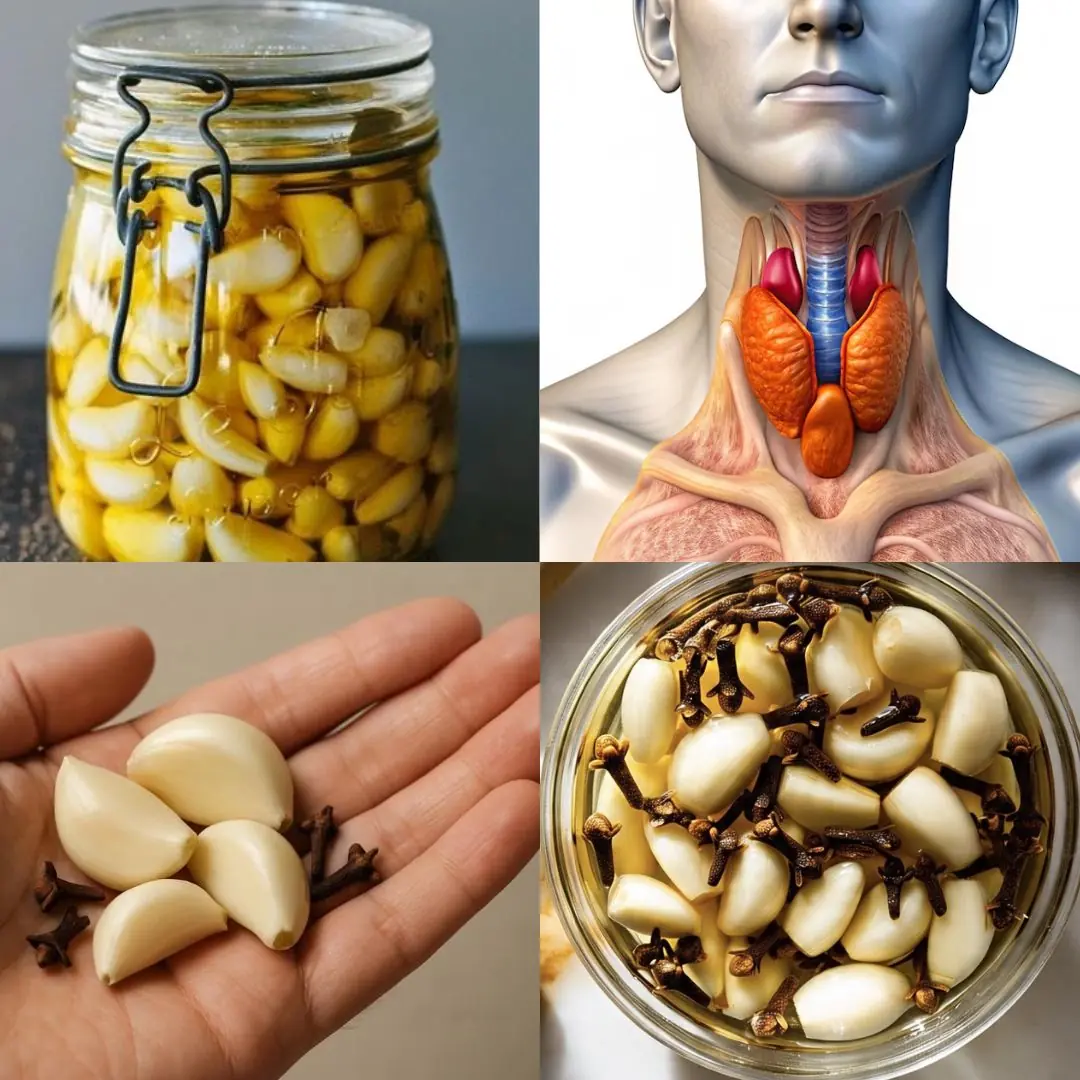
Garlic, Honey, and Cloves – a powerful natural remedy packed with health benefits

Vinegar is the key to streak-free windows and shiny surfaces, but most use it wrong. Here's the right way to use it

Haven't heard that before

You are doing it all wrong. Here’s the right way to store leftovers

10 genius tricks to revive your garden patio

You are doing it all wrong. Here’s the right way to wash towels

They look so harmless

How to Remove a Fish Bone from Your Throat 🐟😮

You’re doing it all wrong. Here’s the right way to store knives

You’re doing it all wrong. Here’s the right way to unclog your drain

Detroit Man Went From Quitting His Job To Buying A Building For His Car Detailing Business After It Went Viral On TikTok

Thyme Essential Oil Shows Signs of Killing Lung, Oral and Ovarian Cancer
